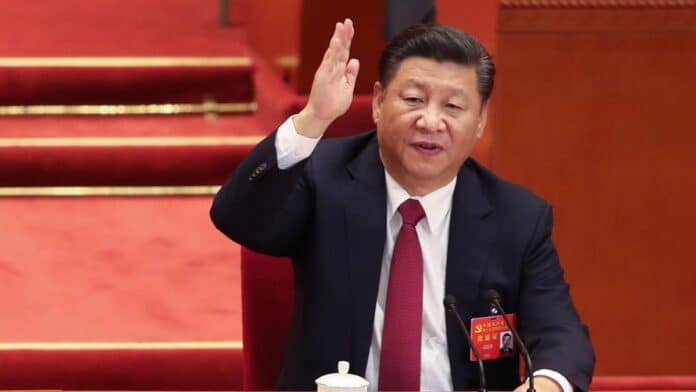Chinese President Xi Jinping has emphasized the significance of women’s participation in the quest of national development and advancement. He underlined that women must actively contribute to “family harmony, social stability, national development, and progress” rather than concentrating only on their own personal growth. As President Xi pointed out, giving birth is one important way that this contribution is made. China is facing the difficulties of an ageing population and a declining birth rate, much like many other nations.
Creating a New Family Trend
Xi Jinping, the president, has called on women to take the lead in creating a “new trend of family.” This vision is essential to addressing the demographic challenges that China and many other nations face. The sustainability of societies has become a concern due to the decline in birth rates and the reluctance of young couples to have children. To counter this trend, President Xi called upon the All China Women’s Federation, a state-sponsored women’s rights group, to play a pivotal role in shaping a new culture around marriage and childbirth.
Empowering Women and Guiding the Youth
As part of the initiative to encourage family growth and harmony, President Xi emphasized the need to “actively cultivate a new marriage and childbirth culture.” This involves strengthening the guidance for young people’s views on marriage, parenthood, and family. Additionally, promoting policies that support childbirth is seen as a crucial step in achieving these objectives.
Also Read: Chinese Government-Owned Company Forced to Pay Fine $280,000 in US State
Unraveling the Challenges
Many young Chinese women have voiced their reluctance to embrace traditional family values by getting married and having children. This reluctance stems from a variety of factors, both personal and societal. Some women cite the high costs of childcare, the pressures of their careers, and the persistent issue of gender discrimination as reasons for their choices.
Government Initiatives to Boost Birth Rates
In response to these challenges, the Chinese government has introduced several measures aimed at increasing the birth rate. The most notable step was the abandonment of the one-child policy in 2016, which had been in place for decades. In its place, the government introduced measures such as financial incentives and improvements in childcare facilities to encourage families to have more children.
The Quest for an Optimal Balance
Despite these efforts, the results have not been as remarkable as the Communist Party had hoped for. President Xi’s recent address to the All China Women’s Federation echoes his speech from 2018, where he emphasized the importance of helping women balance their family and work responsibilities. However, the latest address appears to highlight President Xi’s growing emphasis on a more traditional, domestic role for women in the context of family development and growth.
In conclusion, President Xi Jinping’s call for women to play a more active role in achieving “family harmony, social harmony, national development, and national progress” emphasizes the need for a balanced approach that addresses the challenges of an aging population and declining birth rates. While the government’s efforts to boost the birth rate are ongoing, fostering a culture that values family and encourages childbirth will require the collective efforts of society, and particularly, the empowerment of women in China.

